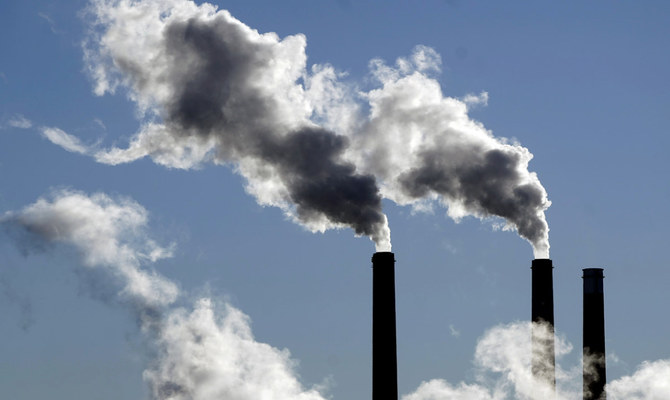
A network of young volunteers that translates climate information into dozens of languages is being boosted by new artificial intelligence tools designed by Google.
Since founding Climate Cardinals three years ago to improve global climate literacy, Sophia Kianni, 21, has built a network of 9,000 young volunteers around the world who translate reports and content into more than 100 languages, including Swahili, Hebrew, Urdu, Mandarin and Hindi.
Volunteers have translated 500,000 words since 2020. They work with professional networks including Respond Crisis Translation and Translators Without Borders for editing and proofreading to ensure translations are credible and accurate.
By trialling Google Cloud’s new AI-powered Translation Hub platform, Climate Cardinals has translated an additional 800,000 words into more than 40 languages.
“It’s crazy. The change in pace was immediate – we’ve created the same volume of output in the first three months of this partnership that we had done in our first two years of operation,” said Kianni, who is studying science, technology and society at Stanford University in the heart of Silicon Valley. She said Climate Cardinals was developing its own online translation portal using the generative AI tool ChatGPT so people could easily translate their own resources.
English is the main language of international scientific communication, with 80% of scientific papers written in the language. A 2016 study found that languages were still a “major barrier” to the global transfer of scientific knowledge. Just 18% of the world’s population speaks English as a native or second language.
“Education is an empowerment tool,” said Kianni, who first learned about the climate crisis in sixth grade. When she found out that temperatures in the Middle East were rising at more than twice the global average rate, she began verbally translating climate information into Farsi to educate her Iranian relatives who had previously been unaware of the climate emergency. They now had pro-environmental attitudes, she said, and supported environmental defenders in Iran who had been persecuted for standing up against the government.
“Those who are being worst impacted by the climate crisis deserve to have access to the resources they need to really make sense of the disasters impacting their communities, so that they can use their voices to create this larger chorus of people calling for action,” said Kianni, who has served as the youngest ever adviser to the UN secretary general’s youth advisory group on climate change.
“Africa is on the frontlines of the climate crisis despite barely contributing to it. People who are being disproportionately impacted by the climate crisis tend to be people of colour, and 80% of climate refugees are women, so it is 100% a social justice issue.”
“Obviously, we have not solved the problem of climate translation but through our partnership with Google, we’ve created a tangible pipeline for providing an amazing capacity of translations to almost all of our partners,” added Kianni.
She said Climate Cardinals’ youth members were still collating, formatting and delivering the automated translations. “The next step is about empowerment and making people understand how they can be part of the solution.”












